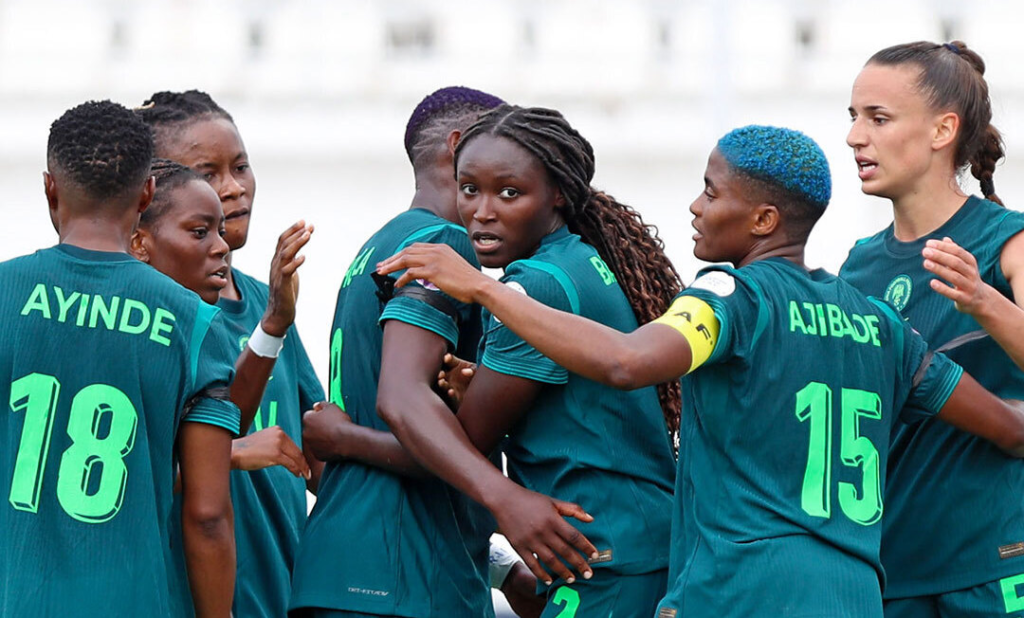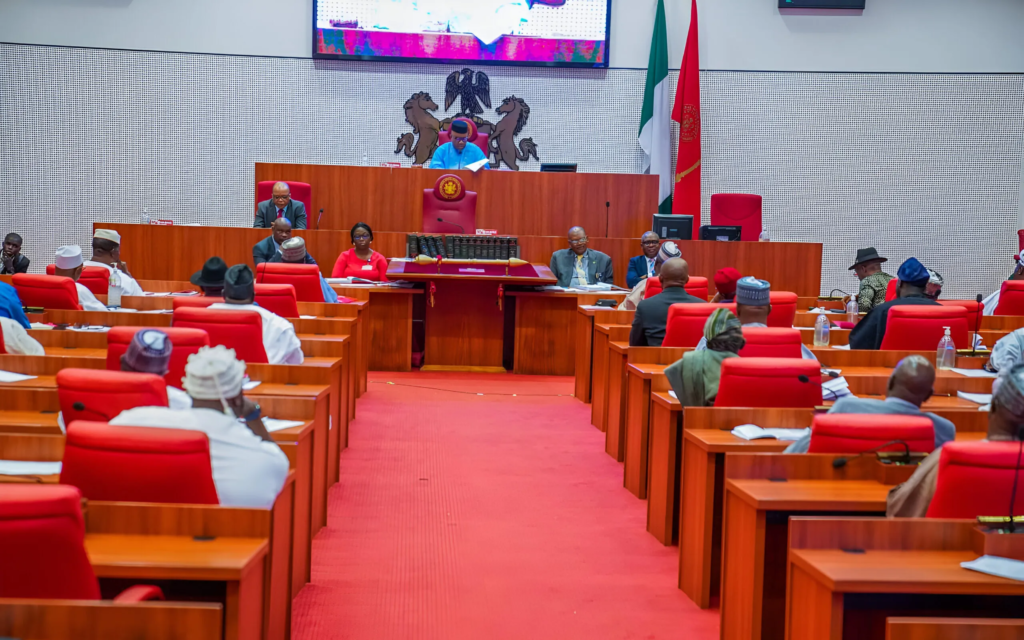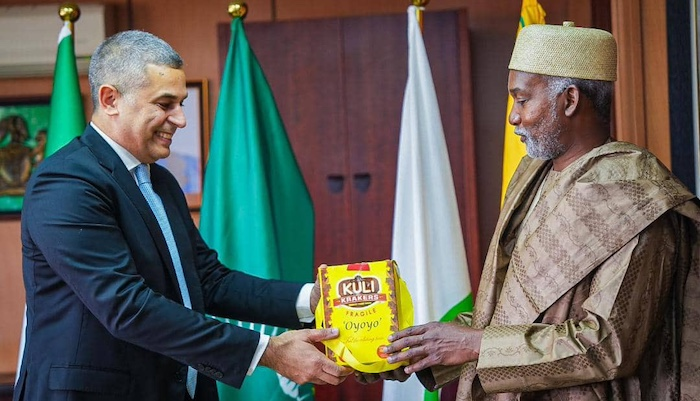Former Vice President Yemi Osinbajo has urged President Bola Tinubu to focus on improving the welfare of Nigerians as the country grapples with significant economic challenges. Speaking at the 2024 Women in Management, Business, and Public Service (WIMBIZ) conference, Osinbajo emphasized the urgent need for comprehensive social welfare programs and affordable healthcare, pointing out that soaring living costs in essentials like food, transportation, and housing are leaving citizens struggling to survive.
Osinbajo expressed concern over the severe food insecurity affecting families, particularly children, and stressed the importance of implementing support systems to meet basic needs. He also raised alarms about the country’s literacy rates, particularly in northern Nigeria, where over 67% of women remain illiterate. “A nation where half its population is economically and socially disempowered due to illiteracy will find development difficult, if not impossible,” he warned. He called for large-scale interventions focused on literacy and economic empowerment to address these deep-rooted challenges.
Reflecting on the conference’s theme, “Dream, Dare, Do,” Osinbajo praised WIMBIZ for its dedication to fostering resilience and driving impactful change. “It’s not just about having dreams or starting businesses it’s about the resilience and courage to push through challenges,” he said. He noted that many Nigerian entrepreneurs face pressure to project an image of success that may not reflect the true financial health of their businesses.
Omowunmi Akingbohungbe, Executive Director of WIMBIZ, also addressed the gathering, discussing the barriers women face in leadership, such as stereotypes and self-doubt. She explained that WIMBIZ is advocating for policies that increase women’s representation in decision-making roles. “WIMBIZ continues to push for at least 35% representation of women in leadership roles, recognizing that the strengths of both genders are vital for better governance,” Akingbohungbe stated.
She highlighted the stark contrast between Nigeria’s 6% female representation in parliament and countries like Rwanda, Senegal, and South Africa, where women hold over 45% of seats. Akingbohungbe argued that inclusive policies enhance governance without undermining the contributions of either gender. The WIMBIZ conference underscored the importance of inclusive policies, strong welfare programs, and economic empowerment as critical pillars for Nigeria’s development



























